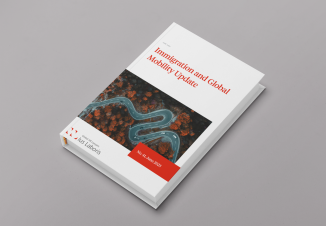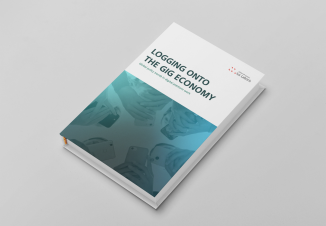
In an effort to encourage greater flexibility and income protection for its public and private sector workforce, the UAE Government introduced an unemployment insurance scheme (the ‘Scheme’) on 15 September 2022. The objective of the Scheme is to provide individuals with a source of income, for a limited period, ensuring that employees are able to sustain a financial safety net in the event of a loss of employment.
Enrolment in the Scheme is mandatory for all employees (including all UAE and other GCC nationals, and expatriate employees) in the federal government, semi-government and private sector (including employees based in free zones), with the exception of:
The Scheme does not extend to employees based in the UAE’s financial free zones, namely the Dubai International Financial Centre (DIFC) or the Abu Dhabi Global Market (ADGM), as these are not subject to the UAE labour laws. Both the DIFC and ADGM have their own employment laws and regulations.
Subject to the payment of monthly insurance contributions for a consecutive period of 12 months and being enrolled for 12 months, employees will usually be entitled to a payment equivalent to 60% of their basic salary under the Scheme. Eligible employees will receive payments for a maximum period of three months or until they find alternative employment, whichever is earlier.
The insurance premium cost payable and the maximum compensation an employee can receive is dependent on the category of the employee:
Employees can opt to pay their premiums monthly, quarterly, bi-annually or annually.
Employees are not eligible to receive compensation under the Scheme if the reason for their unemployment is due to resignation, termination for disciplinary reasons, labour strikes or other force majeure factors. An employee will also not be entitled to compensation if there has been fraud or deceit involved in their claim for compensation, or if the company they were terminated by is fictitious.
All onshore based employees in the federal government and private sectors are required to register themselves under the Scheme via the ILOE website (www.iloe.ae), the ILOE mobile application or the Dubai Insurance call center. Alternatively, other subscription channels have also been made available including at ATMs, business service centres, exchange houses, Du and Etisalat, and via SMS.
All in-scope employees have to register under the Scheme by 1 October 2023 and sanctions include:
Fines may be deducted directly through the Wages Protection System, from an end-of-service gratuity or by any other alternative method. Work permits will not be issued or extended for the employee concerned until any fines are settled.
Enrolment to the Scheme and payment of premiums is the sole responsibility of each employee. Employers are under no obligation to register or to pay any of the premiums on behalf of their employees.
However, there are several employers who are facilitating and undertaking registration on behalf of their employees, and paying the relevant premiums. One of the driving factors behind this is the need to ensure that no employee falls foul of the Scheme rules, as the inability to renew work permits may have a detrimental effect on operations.
To find out more about compensation and benefits



